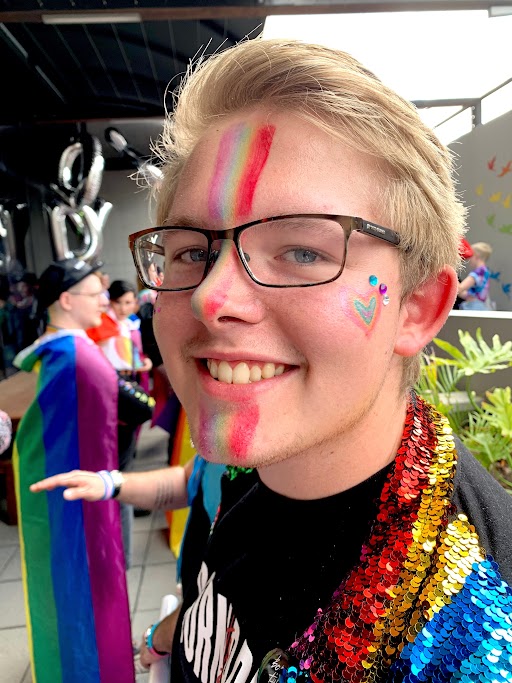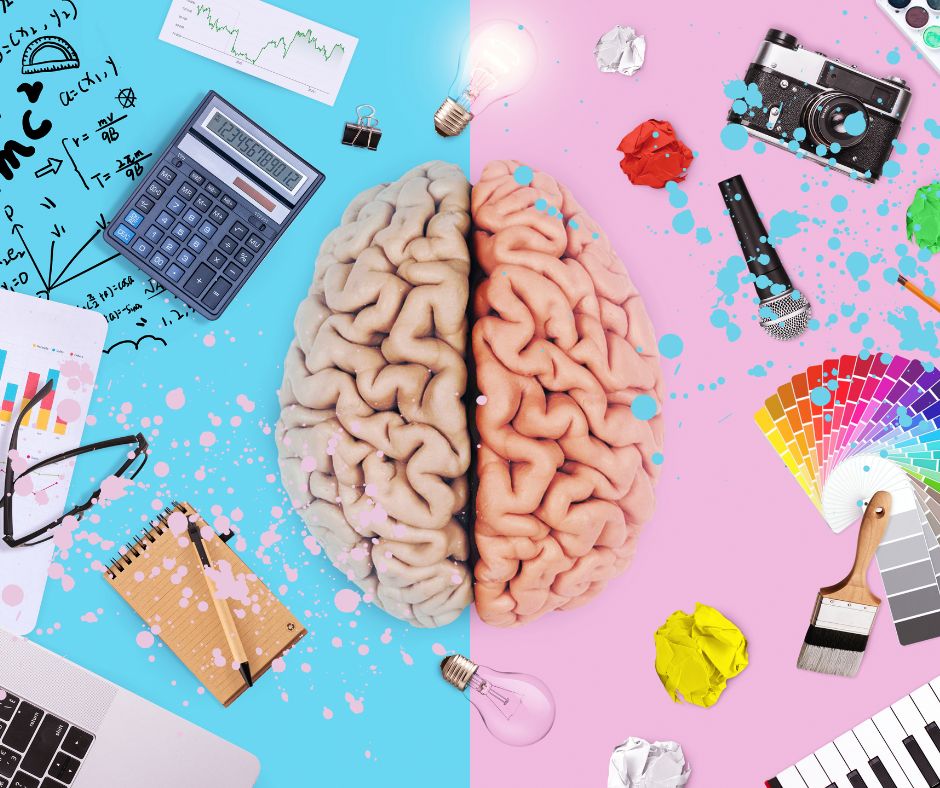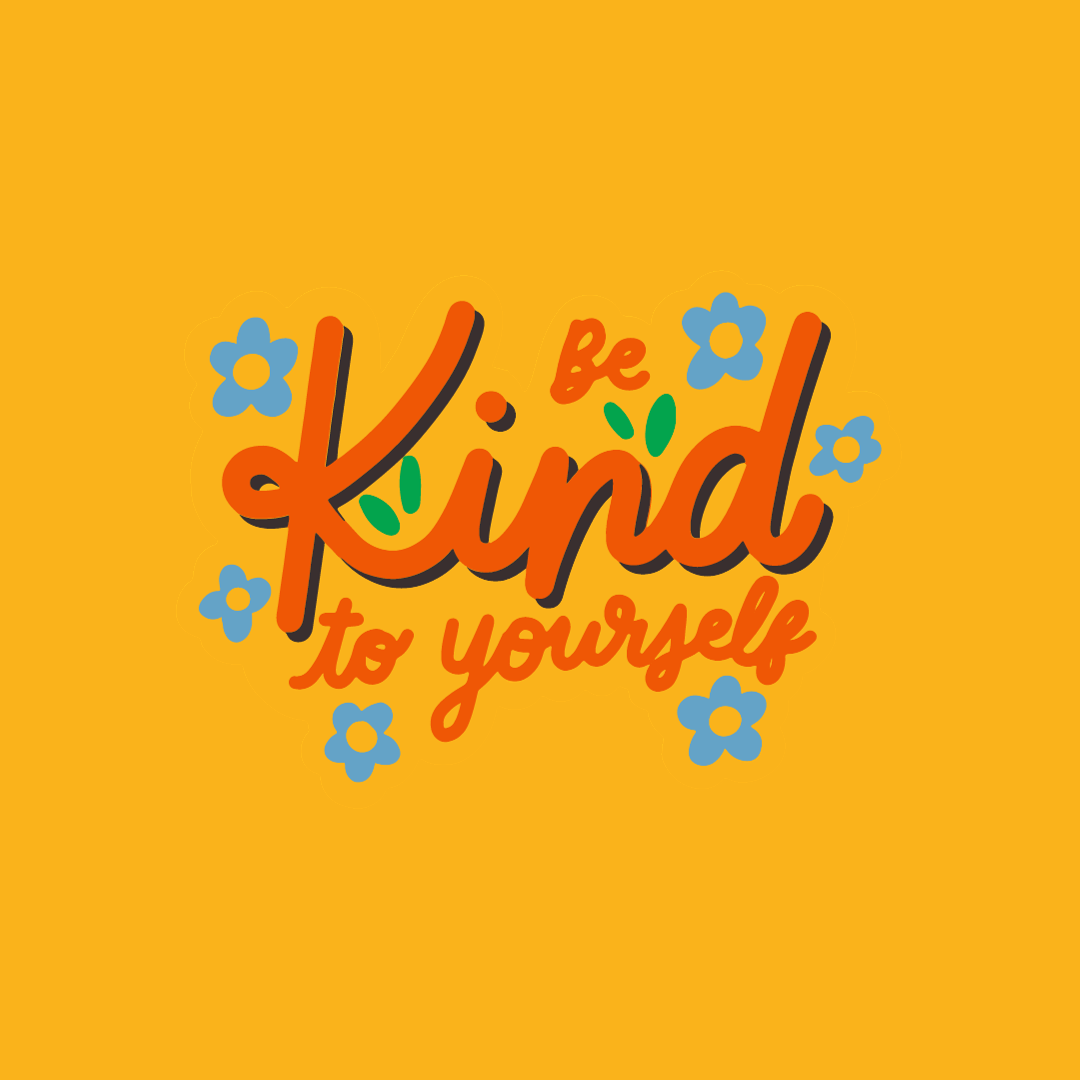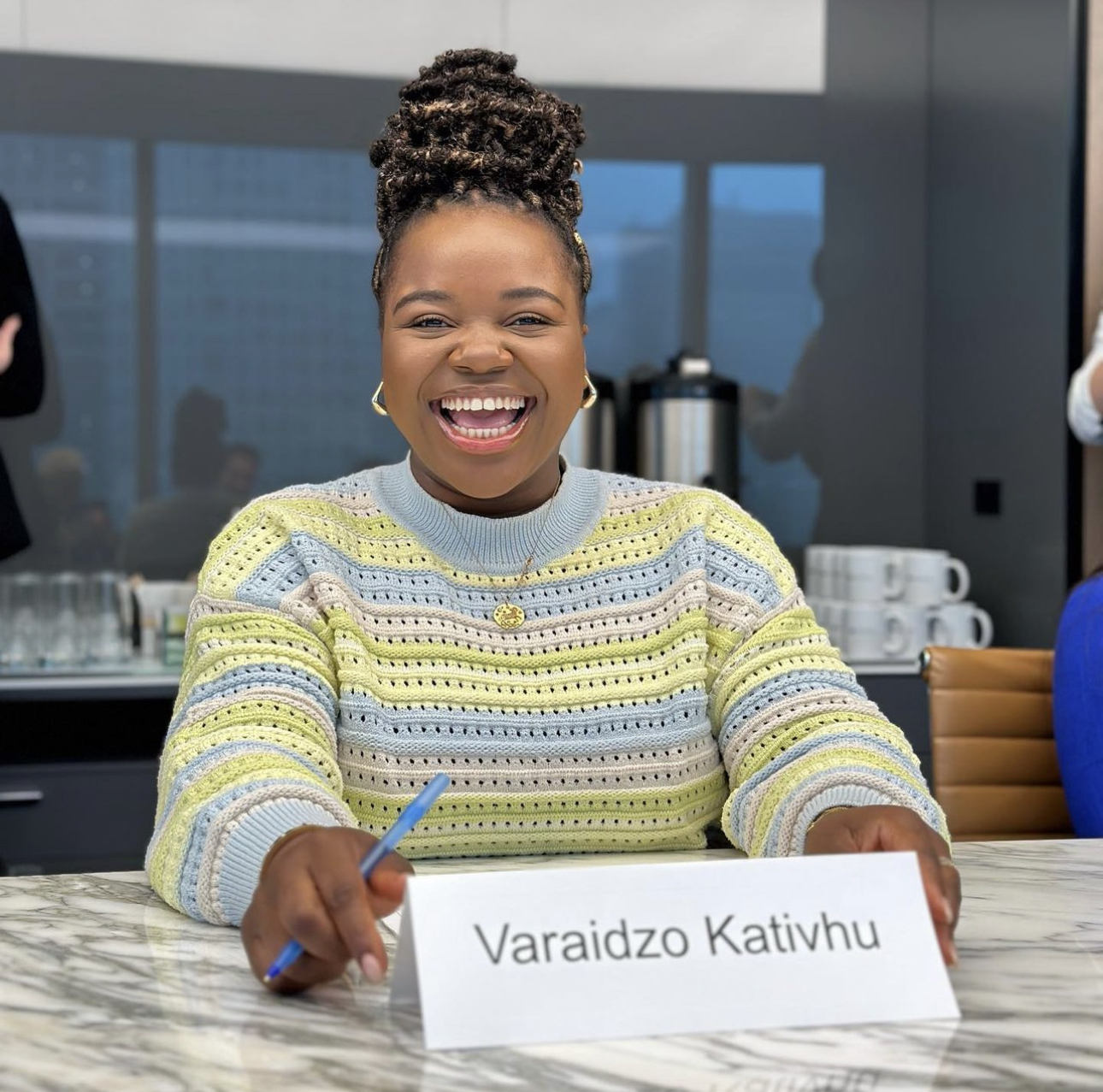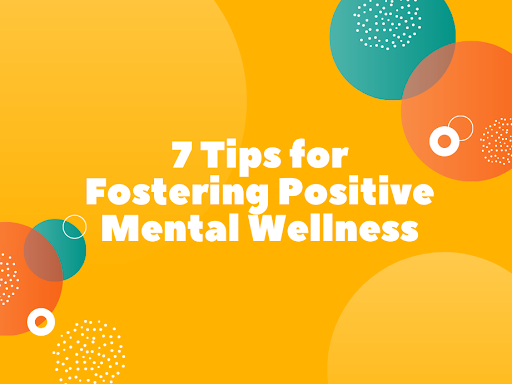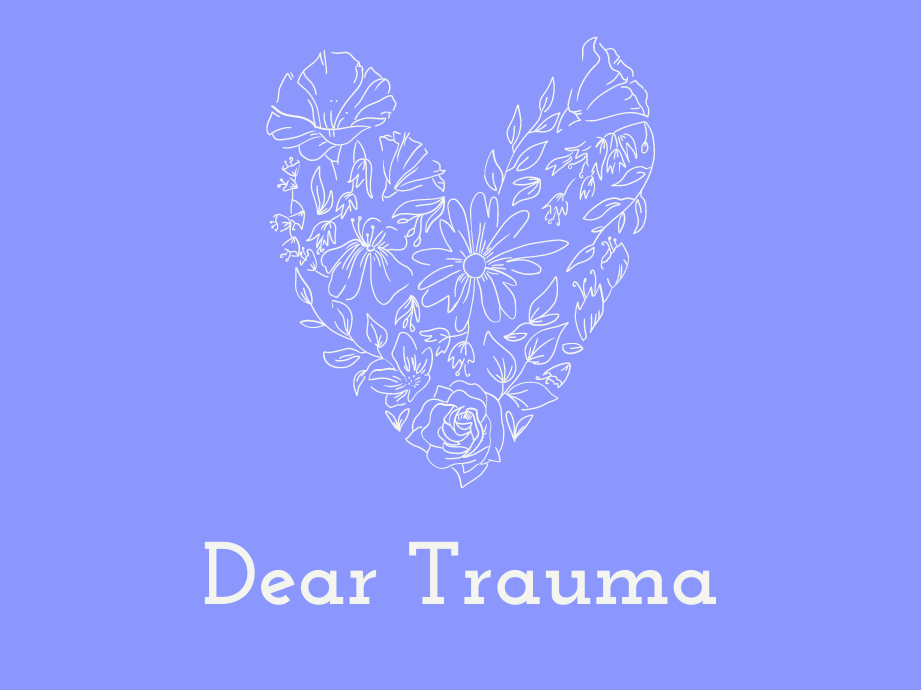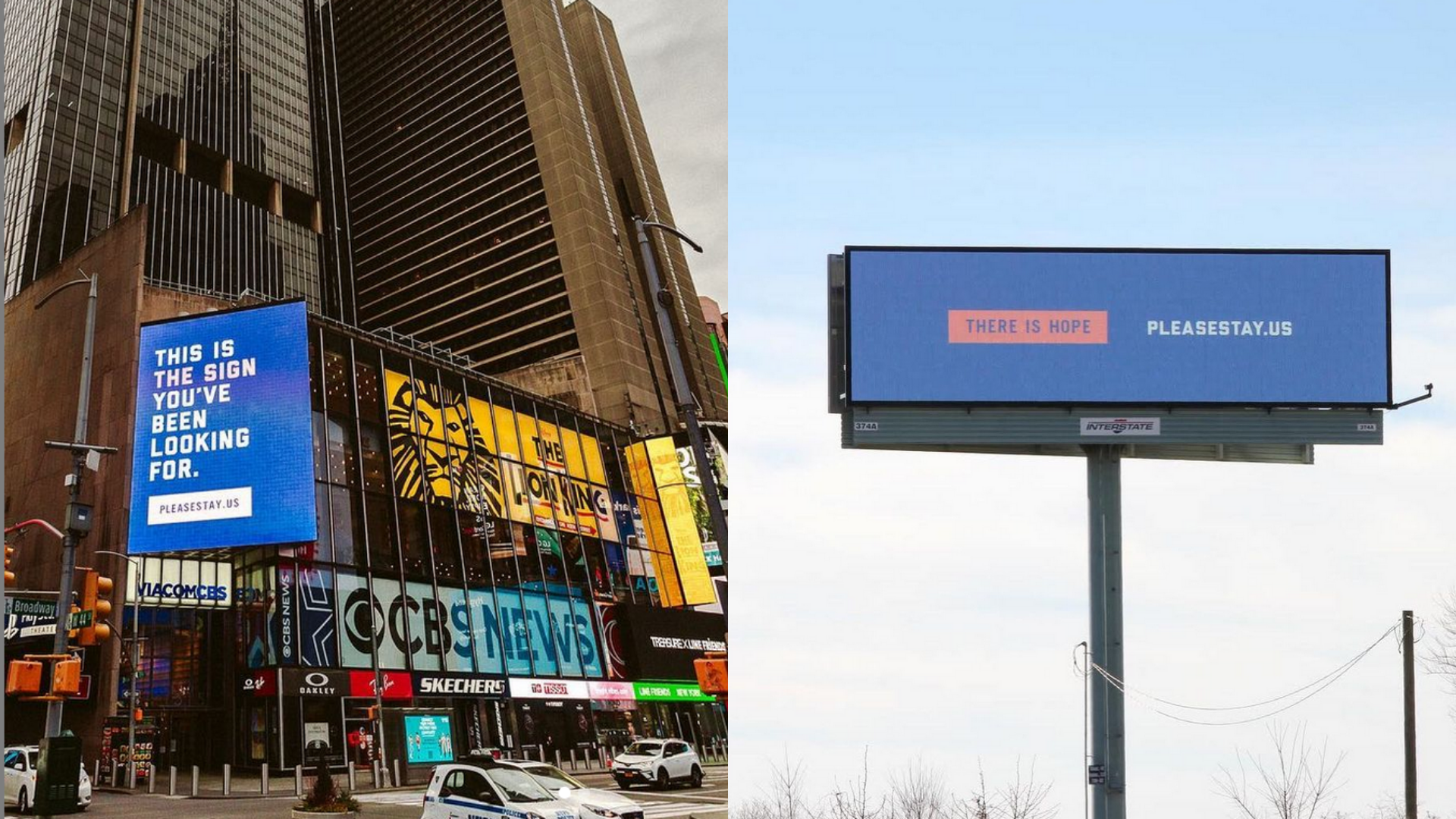People often use the term “tricky brain” to describe a brain that might deviate from what our broader society considers to be “normal” – meaning, it can’t as easily do all the things we expect of people to do in a neurotypical world. For Marini Mendis, a Provisional Psychologist and ADHD advocate, it’s important to highlight that a tricky brain is not a broken brain:
“Having a tricky brain isn’t negative, it doesn’t mean you’re bad or broken – your brain just finds it tricky to operate in a world not designed for it.”
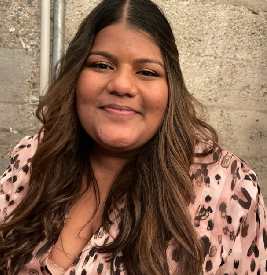
Marini was diagnosed with ADHD as an adult and has gone through a long journey of accepting and embracing what she calls her tricky brain. For Marini, this was a long, long road, often made harder because medical professionals and those around her didn’t believe adult ADHD was real.
“The biggest barrier for me was accepting my diagnosis, and that was really because there was a real culture at the time around ADHD being fake and designed to sell more medications and make Big Pharma more money,” she said. “So, it was hard to overcome that barrier when everywhere I turned it felt like it was being reinforced that what I felt wasn’t real, but really just me being disorganized, unmotivated, or lazy.”
Marini however did learn to accept and embrace her ADHD, and for her, learning self-kindness was the key to unlocking a whole new world of possibility. In her own words “learning to be kind to myself allowed me to create the space I needed from my diagnosis to understand that I needed help to manage everything that was going on.”
Learning to be kind to herself was a key point for Marini, and she describes it as being the turning-point in her life. Suddenly, she felt able to get help for her condition and learn how to work with her tricky brain.
It takes serious bravery to learn to compassionately accept having any condition that society passes judgment over. For many people, Marini included, it can stop people from reaching out and accessing the support they need. When I asked Marini about what inspired the bravery in her, she spoke to helping others as being the thing that allowed her to help herself.
“I have always wanted to help others. When I was diagnosed, I struggled for a long time to accept it, but as I slowly began to believe in my diagnosis and get support, it became clear for me that I needed to help others like me who had struggled. I think this is what has motivated me even in the most frustrating days to keep going, because it means so much to be able to help other people learn that their brain isn’t broken, just tricky.”
And helping people is what Marini did! She was able to fuel her journey of self-kindness and acceptance into pursuing a career in Educational and Developmental Psychology – motivated to prove that people living with ADHD can still achieve their dreams and help people of all ages learn to accept and embrace their neuro-divergent identities. For Marini, in her practice as a Provisional Psychology, promoting self-kindness is key.
“For me as a practitioner, I really feel that teaching self-kindness at a young age could change so many issues young kids struggle with and benefit them across the entire spectrum of their lives,” she said. “It is something I aim to make integral to the work that I do.”
Marini’s journey is a showcase of how self-kindness and bravery can be key to learning how to embrace a tricky brain. If you have a tricky brain too, I hope this story reminds you that your brain is not broken, it just may not be designed for the neurotypical society we live in.




